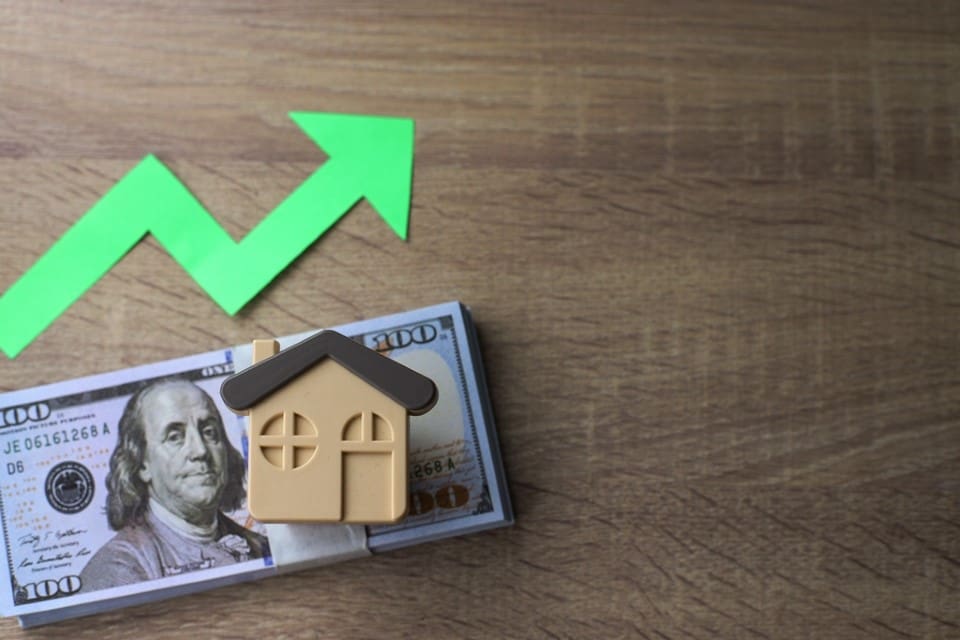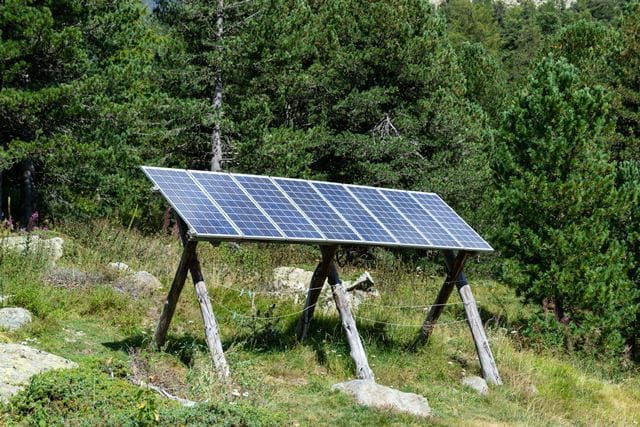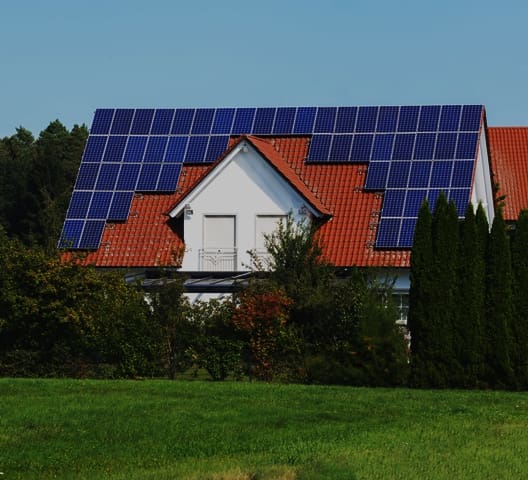As energy costs rise, many homeowners are considering solar panels as a way to reduce both their bills and carbon footprints. Solar energy is a sustainable, renewable resource, but deciding whether to install solar panels requires careful thought. This decision isn’t just about the immediate cost but also involves factors like long-term savings, energy independence, and the impact on property value. Understanding the advantages and disadvantages of solar energy can help you make an informed choice that aligns with your personal goals and financial situation.
Lower Energy Bills and Long-Term Savings
One of the most significant benefits of installing solar panels is the reduction in monthly energy bills. By generating your own electricity, you rely less on the grid, which can lead to substantial long-term savings. Solar energy systems typically pay for themselves within five to ten years, after which any energy generated is essentially free. Additionally, many areas offer incentives and tax credits that can reduce the upfront cost of solar panel installation. However, while the savings are undeniable, they depend on your location, the amount of sunlight your roof receives, and local electricity rates.
Potential Increase in Property Value

Installing solar panels can increase the value of your home, as more buyers today are looking for energy-efficient, environmentally friendly properties. Homes with solar panels may sell faster and at higher prices than those without, particularly in regions where energy costs are high. Solar panels are seen as a long-term investment, with the potential to generate free electricity for decades. However, the exact increase in property value depends on various factors such as the size of the system, the condition of the roof, and local real estate trends.
Initial Costs and Maintenance
One of the most significant drawbacks of solar energy is the high upfront cost. Even with incentives and financing options, the installation of solar panels can be expensive, making it a substantial financial commitment for many homeowners. The cost of a solar energy system depends on factors such as the size of the installation, the type of panels used, and labor costs in your area. Additionally, while solar panels are relatively low-maintenance, they do require occasional cleaning and monitoring to ensure optimal performance. Some parts, such as inverters, may need to be replaced after several years.
Dependence on Sunlight and Location

The efficiency of solar panels is heavily dependent on the amount of sunlight they receive, which means location plays a crucial role in their effectiveness. If your home is in an area with limited sunlight or frequent cloudy days, solar panels may not be efficient, leading to lower energy production and fewer savings. Similarly, if your roof is shaded by trees or other buildings, the panels won’t perform optimally. It’s essential to conduct a solar feasibility assessment to determine whether your location is suitable for solar energy. In some cases, alternative renewable energy sources might be a better option.
Potential Roof Damage from Storms
While solar panels are designed to be durable and withstand various weather conditions, they can still pose risks to your roof, especially in areas prone to severe storms. Hail, high winds, and heavy rain can potentially cause damage to both the panels and the underlying roof structure. In particular, strong winds can lift or dislodge panels, leading to roof leaks or shingle damage. Hailstorms can crack or dent the solar panels, reducing their efficiency or requiring costly repairs. It’s important to ensure that your roof is in good condition before installation and to use high-quality mounting systems to reduce the risk of damage. Additionally, regular inspections after major storms can help identify any issues early, preventing long-term structural problems. In some cases, homeowners insurance may cover damage caused by extreme weather, but it’s crucial to confirm this with your provider before installation.
Alternative Installation Areas for Solar Panels

While roof installations are the most common, solar panels can also be installed in other areas of your property to maximize energy production and suit your specific needs. Ground-mounted solar panels are an excellent alternative for homeowners with limited roof space, shading issues, or roof angles that are not optimal for sunlight. These systems can be placed in open areas of your yard, allowing for easier access during maintenance and offering flexibility in positioning for maximum sun exposure. Another option is installing solar panels on carports, pergolas, or outbuildings, providing additional utility while capturing energy. These alternatives can offer the same benefits as roof installations without the risk of roof damage or the limitations imposed by roof orientation. However, ground-mounted systems typically require more space and can be more expensive due to additional equipment like supports and wiring. Before opting for an alternative installation, it’s essential to evaluate your property’s layout and discuss options with a qualified solar installer to ensure you get the best energy output.
Ensuring the Company Is Qualified
Selecting a qualified and reputable solar installation company is crucial to avoiding poor installation and potential property damage. Inexperienced or unlicensed installers may cut corners, leading to issues like leaks, roof damage, or electrical faults. A poorly installed system can not only reduce the efficiency of your solar panels but also jeopardize the structural integrity of your roof. Additionally, it’s important to consider the long-term stability of the company you choose. Solar installations come with warranties that can last 20 to 25 years, but if the company goes out of business, you could be left without support for repairs, maintenance, or warranty claims. Researching a company’s track record, reading reviews, and verifying certifications—such as those from the North American Board of Certified Energy Practitioners (NABCEP)—can give you peace of mind that the job will be done right. Opt for companies with a proven history in the industry and clear financial stability to ensure they’ll be around to honor warranties and service contracts.
Conclusion
Deciding whether to install solar panels on your roof requires careful consideration of both the benefits and potential drawbacks. While solar energy can lead to significant savings on energy bills and reduce your environmental impact, factors like upfront costs, possible roof damage, and weather-related risks must be weighed. Ensuring proper installation by a reputable company and exploring alternative installation locations can help mitigate some of these concerns. Ultimately, solar energy is a long-term investment that can enhance your home’s value, promote sustainability, and lead to energy independence. Thorough research and professional advice can guide you in making the best decision for your home and financial goals.
#SolarPanels #RenewableEnergy #GreenLiving #EnergyEfficiency #Sustainability #HomeImprovements #EcoFriendly #SolarEnergy #ClimateChange #PropertyValue

